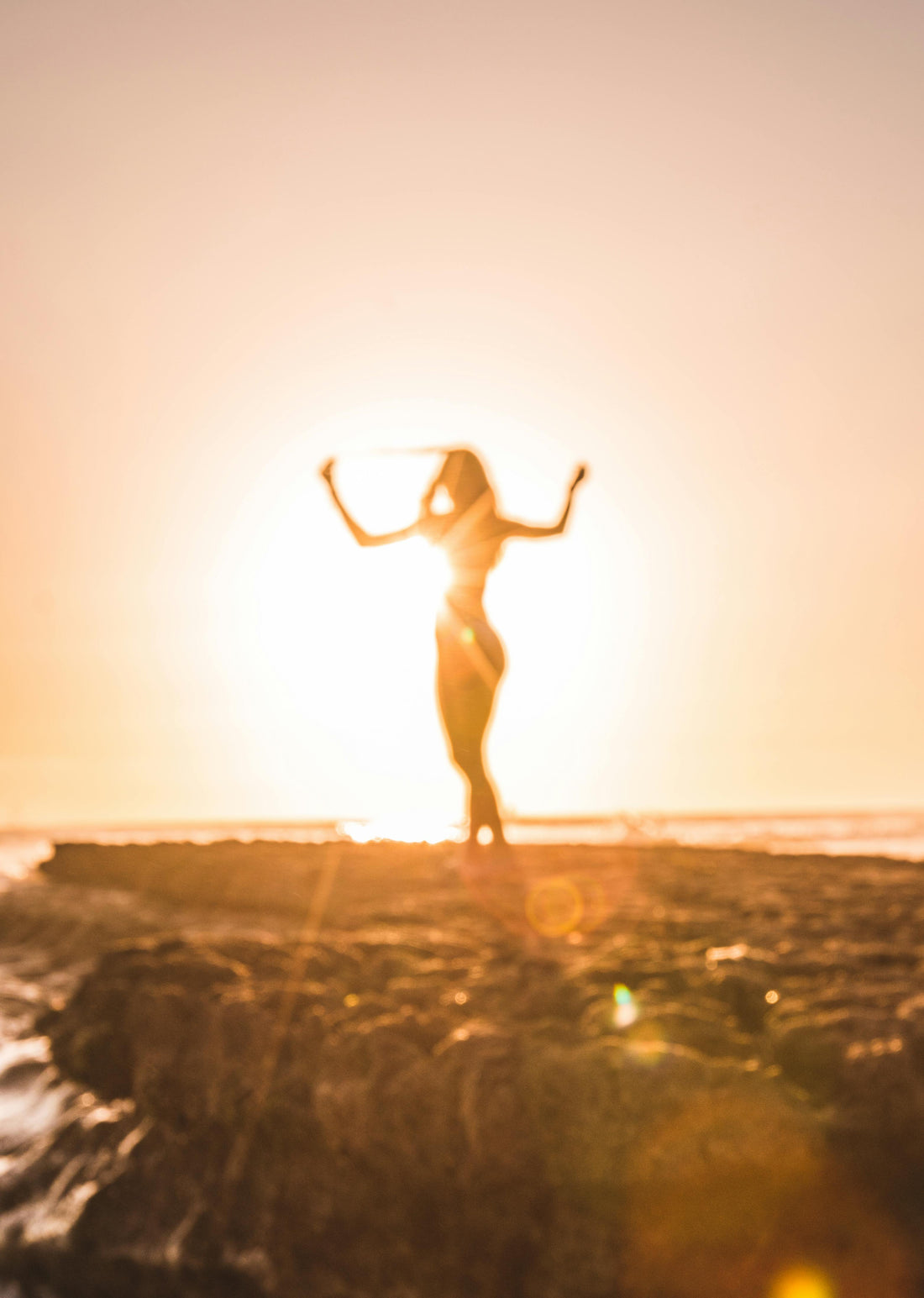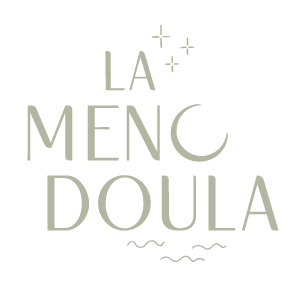
An Introduction: Menopause and the (Re)Birth of the Self
L
This article appeared originally in Amazingy Magazine
For much of my life, I thrived on pushing myself to extremes. Stress and adrenaline fueled me—coffee, cigarettes, sleepless nights, and impossible deadlines were my daily staples. But at 36, my body sent warning signs I couldn’t ignore.
Night sweats left me soaked and sleepless. I blamed exhaustion on my postdoc workload and constant travel. Then came headaches, muscle pain, and eventually, breakdowns over minor work tasks that left me sobbing and screaming. Something was undeniably wrong. A year of misdiagnoses and frustrating doctor visits finally led to an endocrinologist, who delivered the life-altering news: I had premature menopause. In three minutes, I was told I was postmenopausal, I’d never have children, and needed hormones to avoid severe health risks. I never wanted kids in my life but still cried when she said I would never have any. That doctor slammed shut doors to lives I hadn’t even decided I wanted but were now gone forever. I grieved the death of the person I had been and the ones I never would be.
The official name now for the premature menopause I had is POI or Premature Ovarian Insufficiency. Back then, many doctors (mine included) still called it “ovarian failure”. And that is exactly how I felt, like a total failure. People talk a lot about the physical and mental symptoms of menopause. And they really sucked, let’s not sugarcoat it. But I was floored by how hard it was for me to deal with the emotional element of it. I have a PhD with a focus on gender studies. I used to teach about patriarchy, sexism, feminism, body politics, and the gendered societal narratives that dictate and construct what a woman is, does, and has a right to. I knew that the conflation of femininity with fertility, youth, and beauty was an oppressive method of control as much as it was a fake notion. And yet… I cried. I cried so much. For the loss of my identity as a young woman. For all that my body couldn’t do anymore as it was supposed to and for the kids I never wanted but now somebody told me I could not have.
Menopause signifies the loss of the markers we most associate with femininity that are valued in our society: youth and with it beauty, fertility, a place in the social imaginary. Without the societal markers of what ‘makes a woman’, I was left grappling with my identity and purpose.
Many diagnoses bring with them the feeling of being betrayed by one’s own body. This one felt like I was being betrayed at the physical level but also at the symbolic one. As a critical feminist I supposedly had all the analytical tools to be able to deal with this, and still, once it was happening to me, to my body, acceptance did not come easy. It is still an ongoing struggle that gets triggered again when the hormone therapy does not work as expected, when I realize I am unable to deal with stress like before, or when all my friends get babies and I am reminded that the option was taken from me so suddenly, so without warning.
The menopause transition is said to be all about change and transformation—and it truly was for me. It meant eating, sleeping, working, exercising, thinking and having sex differently. It meant ruthlessly cutting out things, habits, and people that hurt me, depleted me, or that I simply had no fucks left to give about. It meant quitting my job, not because I couldn’t do it, but because I realized I no longer wanted to.
Getting the diagnosis was hard. Implementing the lifestyle changes it required was even harder. I read books and consulted countless websites that didn’t speak to my experience, piecing together fragments of information. I felt confused and lost. Even in menopause communities, I felt alone—a taboo within the taboo.
In the midst of this confusion, I found a certification to become a menopause doula and signed up for it—first of all, to learn as much as I could about the subject and support myself. Secondly, because I believe that the pain we go through is a sign of what can be our service for others that go through the same.
A doula is a person that accompanies others through changes in life stages. While pregnancy and birth doulas are now widely known, fewer people realize there are also death doulas, menstruation doulas, and menopause doulas. A doula provides information, resources, guidance, and, most importantly, emotional support.
When I say I am a menopause doula, people usually ask me if I help women giving birth. I like to answer that I support women in giving birth to themselves. For me, this is exactly what the menopause transition is, a process of taking stock and deciding what aspects of our current lives and selves are worth taking into the next stage and which need to be adjusted or let go of. A time to be (re)born into a life of which we finally are the protagonists. Today, it is my honor to walk together with women bravely going through this journey.
The stock-taking and transformation involve all areas of a person’s life. Menopause is a multidimensional process that affects and is affected by our physical, mental, emotional, and social realities. It is also an opportunity to reconnect with our spiritual being. This holistic perspective of the menopause transition means for me that true support should be multifaceted and holistic as well in order to be effective.
Each menopause transition is different and unique, and not only that, it changes for the same person over time. What I experience and need will vary greatly if I am at the beginning of perimenopause or into late post-menopause. Each person I enter in collaboration with represents a unique process that is created individually and remains flexible and ever-changing.
I will be writing this series of articles to share some of what I have learned in the hope that it is useful for others. Fear, confusion, ignorance, and isolation are unfortunately common elements of the menopause journey for many women nowadays. But they do not need to be. Menopause can be the fire where we burn what doesn’t serve us and forge stronger selves that we lovingly take care of and respect. It just requires knowledge and the support of a community of wise women walking together. One step at a time.
